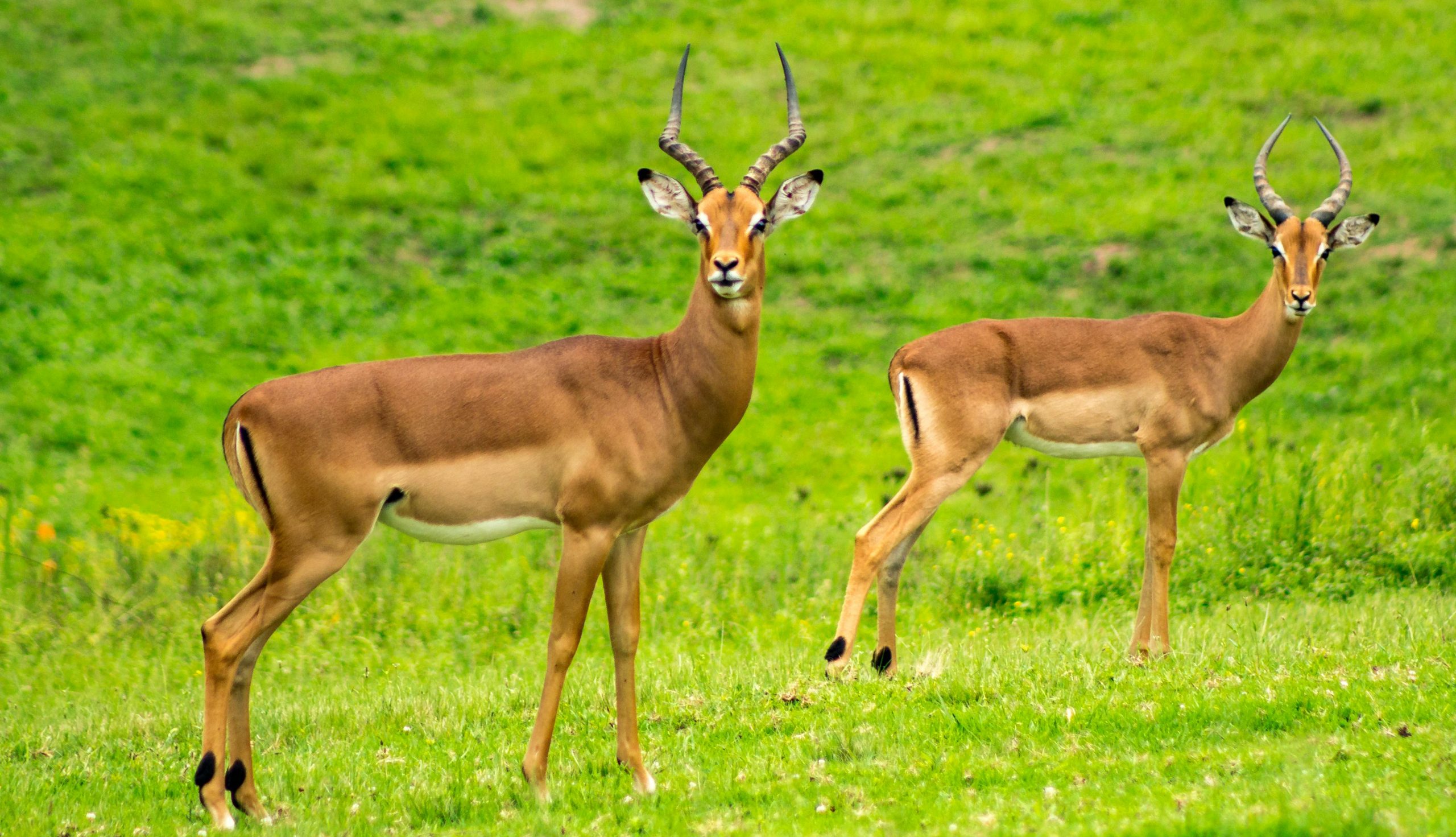Mahale Mountains National Park lies 120 km south of Kigoma town, on a peninsula in Lake Tanganyika on the western border of Tanzania. The park has an area of 1613 sq km and is dominated by the Mahale Mountains Chain running from north-west to south-east across the middle of the park, the highest peak, Mount Nkungwe, rising 2,462 meters above sea level. Its western boundary protects not only 63 kms of lakeshore but also the adjacent 1.6 km-wide strip of coastal waters. The park vegetation is mainly Miombo woodland with narrow strips of riverine forests, some rain forest and savannah which provide habitat to a variety of animal species.
Mahale Mountains like its northerly neighbour Gombe Stream, is home to some Africa’s last remaining wild chimpanzees, with an estimated population of about 800, found in the rain forests of Mahale together with other rain forest animals including the Angolan colobus monkey and other primates. Species found in Miombo woodland include roan antelopes, sable antelopes and lichtenstein hartebeest, while the savannah provide habitat to warthogs, giraffes, grant’s zebras, hyenas and lions.
About 82 species of mammals have been recorded in Mahale, a remote road-free park accessible only by boat or light aircraft. The park is rich in bird life with over 350 bird species recorded. Mahale is bordered to the west by Lake Tanganyika, the world’s longest, second deepest and perhaps least-polluted freshwater lake, which harbour a variety of fish species, with about 250 species found nowhere else on earth. Mahale offers a variety of attractions for visitors, from tracking wild habituated chimpanzees, to mountain climbing, snorkeling, fishing, kayaking and relaxing on pristine, white, sandy beaches of Lake Tanganyika.

